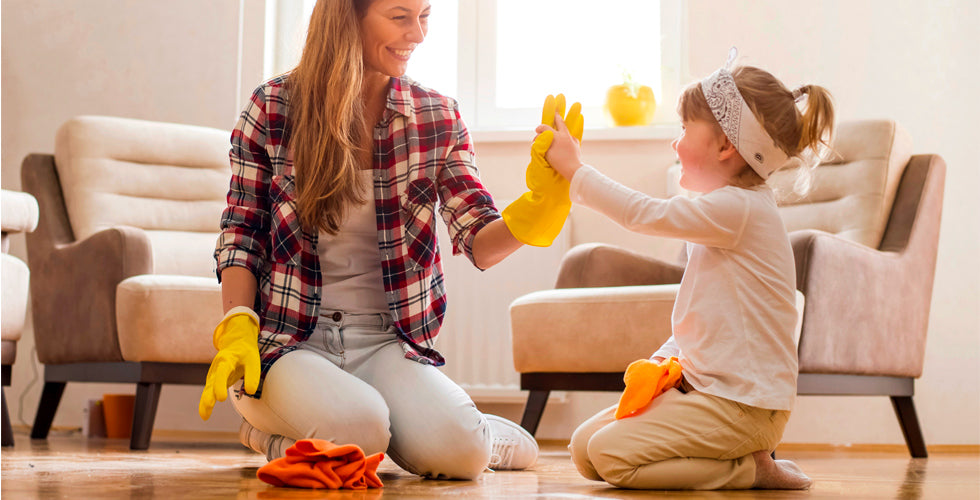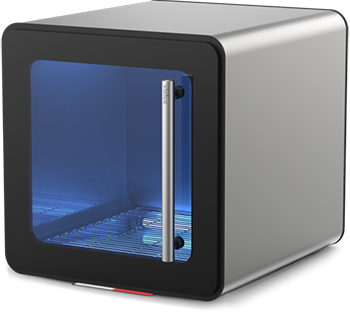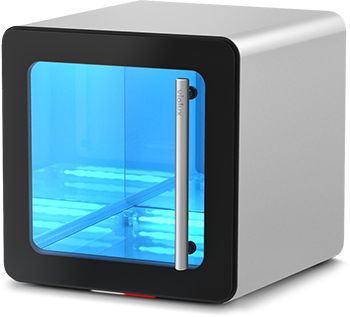Meet Luma.
7 Things You Should Be Cleaning Every Day

The COVID-19 pandemic has made cleaning a daily (or hourly!) ritual. Frequent cleaning of high-touch objects is an effective way to stop the spread of germs, not just now during the current pandemic, but whenever anyone in the home is sick. Here are the objects you should be cleaning with Luma every day, even after your life returns to normal.
Cell Phones & Tablets: Your smartphone is one of the germiest items you own—and could be a hotbed for diseases like the coronavirus. The same goes for tablets and any other touch screens lying around the house.
Purses, Wallets, Keys: When was the last time you disinfected your handbag? Never? That’s what makes a purse one of the dirtiest places in your home. A handbag gets set down everywhere, including on public restroom floors, and is rarely cleaned. Shockingly, the levels of bacteria found on a purse rival that in a toilet. In fact, one in five handbags harbors enough bacteria to be considered a health risk, with handles being the dirtiest part.
Water Bottle: If you’re not washing your water bottle after every use, you’re probably chugging down a plethora of bacteria and fungi. In fact, some studies show that unwashed, refillable water bottles have so much bacteria, it’s like drinking out of your dog’s water bowl.
Credit Cards & Cash: Items that you carry in public on a regular basis, such as credit and debit cards, should be disinfected frequently to keep illnesses like COVID-19 at bay. Think about what your hands touch on a daily basis and pay special attention to those surfaces.
Laptops and Keyboards: Believe it or not, your laptop or computer keyboard is one of the filthiest items in your home. For the sake of your health, and your computer’s health, it’s a good idea to disinfect it daily.
Remote Controls: It gets handled daily, but does your remote control ever get cleaned? Probably not, if you’re like most people. Like other objects frequently touched by human hands, remotes are crawling with germs and viruses.
Makeup: Chances are, your makeup isn’t high on your list for routine cleaning, but it should be. Like anything that gets handled frequently, makeup can collect bacteria. Most of the germs on makeup are harmless flora naturally found on your skin. But makeup can also harbor pathogens, including E.coli and staphylococcus. If applied over broken skin, dirty makeup can cause irritations, acne, and infections.
You have no items in your cart.


